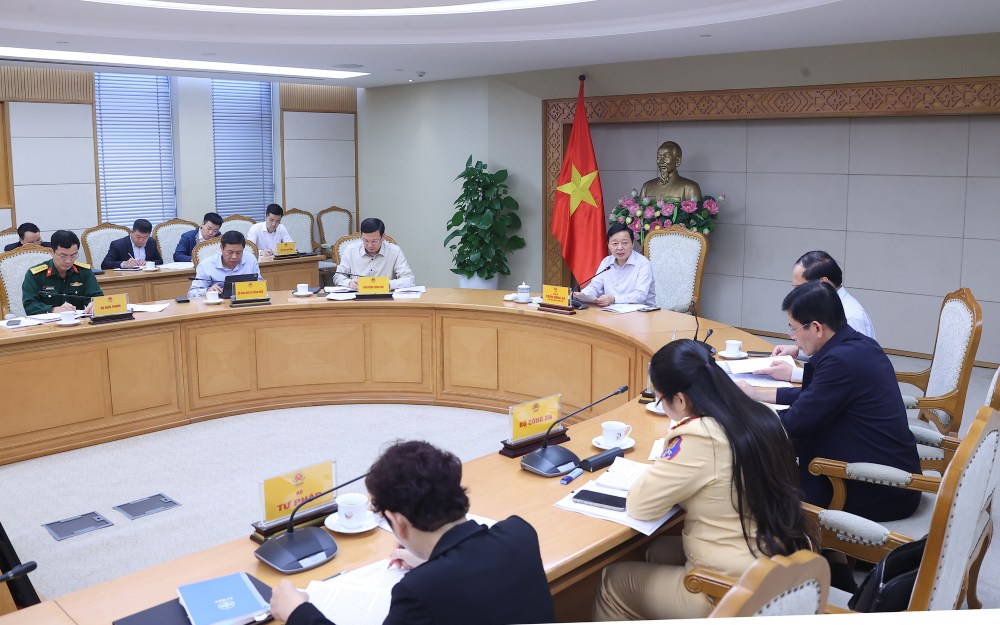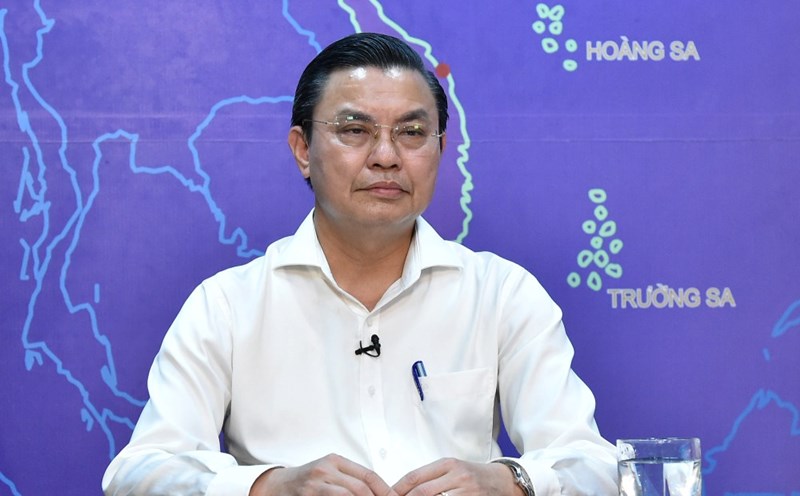On the afternoon of November 11, Deputy Prime Minister Tran Hong Ha chaired a meeting to listen to reports and give opinions on the draft decision of the Prime Minister on the roadmap for applying national technical regulations for emissions of cars participating in road traffic (roadmap).
According to the roadmap, the Ministry of Agriculture and Environment proposes: Automobiles manufactured before 1999, when participating in traffic, will apply Level 1 emission standards (equivalent to Euro 1 standards) from the effective date of the Decision.
Automobiles manufactured in the period of 1999-2016, when participating in traffic, will apply Level 2 (equivalent to Euro 2 standard) from the effective date of the Decision.
Automobiles manufactured in the period of 2017-2021, when participating in traffic, will apply Level 3 (equivalent to Euro 3 standards) from January 1, 2026; Hanoi and Ho Chi Minh City will apply Level 4 (equivalent to Euro 4 standards) from January 1, 2027.
Automobiles manufactured from 2022 will apply Level 4 from January 1, 2026; apply Level 5 (equivalent to Euro 5 standards) from January 1, 2032; Hanoi and Ho Chi Minh City will apply Level 5 from January 1, 2028.
From January 1, 2029, all cars participating in traffic in Hanoi and Ho Chi Minh City must meet Level 2 or higher.

Concluding the meeting, Deputy Prime Minister Tran Hong Ha emphasized that the roadmap for applying emission standards for cars participating in traffic needs to be considered in a unified and synchronous manner between newly manufactured and newly imported cars and cars in circulation.
It is necessary to avoid the situation where imported vehicles are forced to meet high standards, while domestic vehicles still apply lower levels, causing unfairness and affecting the market.
Contents affecting the rights of property and travel of individuals and organizations such as blocking off vehicles, banning or allowing circulation, etc. The Deputy Prime Minister requested that a very careful review be conducted on the basis of current laws, ensuring proper authority and documentation.
Any content under the authority of the Prime Minister shall be kept in the Decision; any content under the authority of the Government shall be included in the Decree; if the Law does not stipulate it, it is necessary to study and propose amendments, or if necessary, it can be reported to the National Assembly for consideration.
The Government leaders also requested a comprehensive assessment of the impact of the policy on limiting or banning vehicles, clearly identifying the number of organizations and individuals affected. From there, develop appropriate support plans to avoid causing disruption and disadvantages for people and businesses.
These measures may include support for improving and upgrading equipment on vehicles, policies to change old vehicles to new vehicles, adjusting fees, prices of public transport services, providing new types of fuel, etc.
For example, if limiting some types of personal vehicles in urban areas, the state needs to arrange enough buses and clean public transport, and plan stops and yards appropriately to ensure people can still travel conveniently, protect their rights and daily activities.











